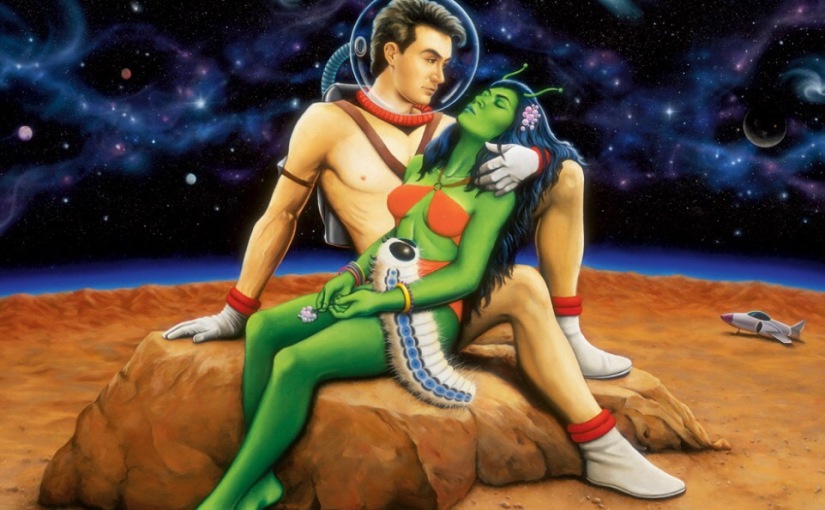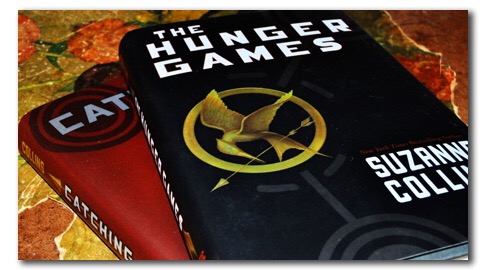Still not finished with your Christmas shopping? Or perhaps you want to add a few items to your own wishlist. Whatever the case, I have compiled the ultimate gift guide for writers. On it, you will find the perfect present for every writer you know, including yourself:
642 Things to Write About: A Journal
For every writer ever to exist, writer’s block has at one point reared it’s ugly head. For the author starved for inspiration, a prompt book is a great source of inspiration. 642 Things to Write About: A Journal is a popular choice, and is available nearly everywhere books are sold. On a budget? Find some prompts online and put together your own book.
Well-Read Women: A Reader’s Journal from UnCommon Goods
What better way to document your reading list than with A Reader’s Journal? This notebook provides a place for readers to review what they have written and take notes. Since all good writers are also good readers, this makes a perfect gift.
Banned Books Bag
If your friend is not only a writer but also a rebel, than this bag will impress them this Christmas. The bag is trendy, useful, and full of personality. While many shops sell variations on Etsy, you can also get one here.
A Pretty Notebook
You shouldn’t judge a book by it’s cover, but a notebook is an entirely different story. If the writer on your list is anything like me, they love the feeling of putting words down on paper. Though old-fashioned, writing out a story by hand is popular for many writers. You can get great ones here or here. If you prefer shopping in person, swing by your local Target for a plethora of choices.
A Fountain Pen
To complete a handwriting gift, make sure you include a writing utensil. Any decorative pen will do, although fountain pens do have an old-fashioned charm. These pens make writing by hand a lot more fun.
Bonus points: Bind Their Book
Does your recipient have an unpublished manuscript? If so, the most amazing gift you can give them is the first ever bound copy of their own novel. Website such as Blurb and BookBaby have this service available for as little as.
Now that you can easily finish your shopping online, hopefully you can get back to doing what you love: writing!









